Japan-Ukraine University Pathways
Best Practice from Tokiwa University and Ibaraki Prefecture
“Collaboration Between Local Government and University in Supporting Ukrainian Students in Ibaraki, Japan”
Presentation by a Ukrainian student in December 2023 _ Photo by Tokiwa University
Background
Japan-Ukraine University Pathways (JUUP) was launched in spring 2022 shortly after the Russian invasion of Ukraine. 18 universities in Japan offered to admit Ukrainian students as an emergency measure, and Pathways Japan and the Japan ICU Foundation (JICUF) co-managed the recruitment process. Most universities offered a full scholarship including tuition and fees, accommodation and stipend, while several offered a full-tuition scholarship and alternative forms of aid.
Tokiwa University is a private university located in Mito City, Ibaraki Prefecture, about 100 km north of Tokyo. It has about 3,000 undergraduate students across three faculties: Human Science, Management and Administration, and Nursing. In late April of 2022, Tokiwa University decided to join JUUP and provide two undergraduate scholarships for Ukrainian students that covered travel to Japan, tuition, accommodation and stipend.
Since the academic year had already begun, students were to be admitted as non-degree students who were guaranteed aid through August 2023. During this period, students had the opportunity to transition into a degree program, either as first-year or transfer students, contingent upon passing the entrance exam. If they passed the entrance exam, the university guaranteed aid until the completion of their degrees.
Welcome party for international exchange and refugee students in September 2023 _ Photo by Tokiwa University
Admission of Students
Given that most courses at Tokiwa University are taught in Japanese, the university had a Japanese language requirement. This inevitably narrowed the pool of eligible students, but PJ and JICUF were able to place one student in September 2022 and another in September 2023.
Best Practice
Most universities in JUUP had to come up with their own funding to cover tuition, accommodation and stipend. What was unique about Tokiwa University was its collaboration with the local government.
On March 2, 2022, just a week after the Russian invasion of Ukraine, Japanese Prime Minister Fumio Kishida declared that Japan would admit Ukrainian evacuees to Japan. Five days later, Governor Kazuhiko Oigawa of Ibaraki Prefecture announced that the prefecture would welcome Ukrainian evacuees. By late April, the prefecture had a plan to support Ukrainians whether or not they had any relatives or guarantors in the prefecture. The support package included provision of public housing and facilitation of employment and Japanese language education.
In principle, public housing was earmarked for families, as they were spacious family units. When Tokiwa University began to consider admitting Ukrainian students, they consulted with Ibaraki Prefecture and reached an agreement that if students were accompanied by family members, the Prefecture would provide public housing for the students’ families near the university. In the end, the two students that Tokiwa University admitted were single and did not need public housing, but the agreement between the two entities gave the university the confidence to welcome Ukrainian students.
It is worth noting that Tsukuba University, another local university which admitted Ukrainian students outside JUUP, signed an agreement with Ibaraki Prefecture which enabled housing multiple students in one unit and using it as a “shared house.”
One of the students who was admitted to Tokiwa University decided not to pursue a degree, and ended their time at the university in late August 2024. The student is currently seeking employment, and no longer receives support from the university. Tokiwa University went out of its way to negotiate with Ibaraki Prefecture, and the latter agreed to allow the student to move into public housing.
Open lecture by a Ukrainian student in November 2022 titled "The Reality of War - the Case of the Ukrainian Conflict" _ Photo by Tokiwa University
Takeaways
The key takeaway from the collaboration between Tokiwa University and Ibaraki Prefecture is that higher education institutions do not have to shoulder the cost of supporting refugee students alone. Conversely, local governments can rally support from private stakeholders to welcome refugees.
In education pathways programs, accommodation accounts for a large portion of the budget. Funding is arguably the number one obstacle for higher education institutions to establish or continue education pathways programs, and the prospect of financial and/or in-kind support from local governments could be a game changer that reduces the burden on education institutions. While public housing may be in high demand in some countries and regions, it is worth exploring creative partnerships between higher education institutions and local governments.
Moreover, it is notable that both Tokiwa University and Ibaraki Prefecture agreed to support this student even after the student left the university. Both acknowledged the student’s vulnerability and tried to ensure their wellbeing. The ideal situation is for students to secure employment before leaving the campus, but this is not always possible. Their collaboration gives a layer of security which will help the student reach a durable solution.
Submitted by:
Tokiwa University, International Exchange and Language Learning Center
E-mail: intlco@tokiwa.ac.jp
Ibaraki Prefecture, Women's Empowerment & Residents Cooperation Division, Department of Residential and Environmental Affairs
Written by:
Aki Takada, Vice President Japan ICU Foundation & Director Refugee Education Japan
E-mail: atakada@jicuf.org



